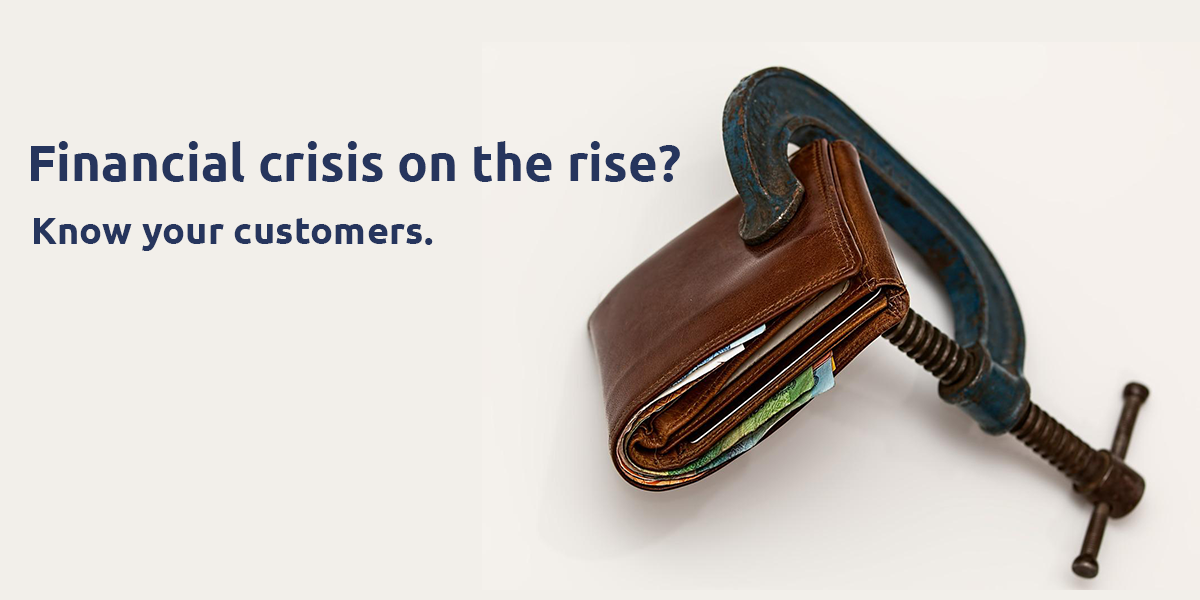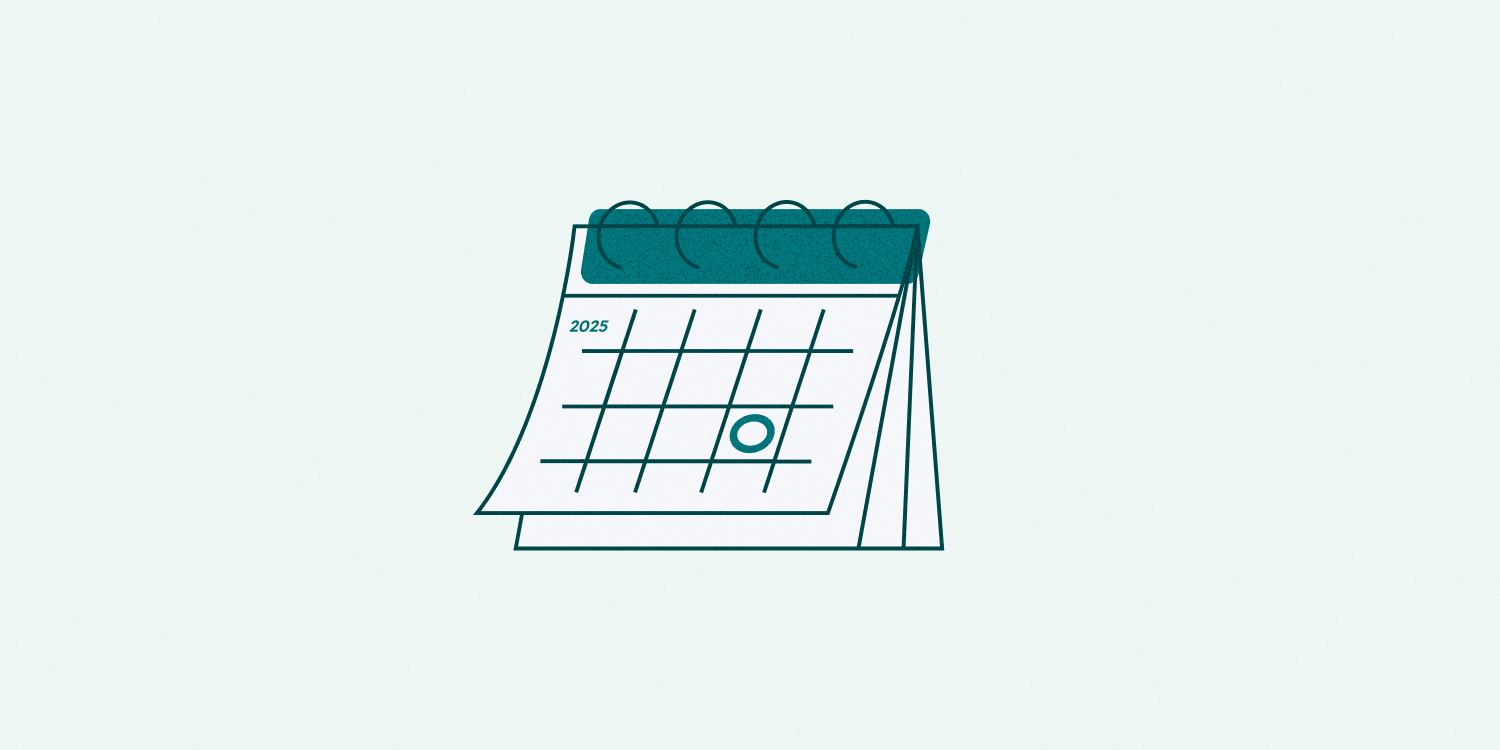1 min read
Creditro takes over KYC from Penneo
As part of Visma’s ambition to build world-class digital solutions, a strategic decision has been made to sharpen the focus of its portfolio...

The concept of financial crisis is gradually being promoted in the media, all the while the big banks are starting to encourage air in the budget prompting the question; Are you comfortable with your customer portfolio?
The term financial crisis is used for several situations where financial assets suddenly lose a large part of their value. An example of a condition that can lead to a financial crisis can be when a country fails to repay its national debt. In 2008 there was a financial crisis in Denmark due to a housing bubble bursting. Unsecured consumer loans sent people onto the streets, and the price of securities plummeted.
Several economists point out that the financial crisis back in 2008 was the catalyst for the whole country to enter recession mode for a more extended period. We see the potential for a similar situation with a housing market that has been growing for a long time, high inflation, and now all central banks are reacting with one of the only means that exist – namely, adjusting the interest rate to control and slow down growth so that inflation does not continue. However, a hot labor and housing market can have significant consequences, developing into a crisis and a global recession.
A recession is when economic growth is declining and lasts over several quarters. You can look at a recession in two ways:
When a country's economy is in decline, there is also a fall in share prices on the stock exchanges, private investments, and company earnings drop. So will personal income and thereby also private consumption.
According to the significant Deutsche Bank, an economic crisis will be headed for the United States, and it will not end until around the middle of 2024. Deutsche Bank is one of the world's largest banks and the first central bank to indicate that a recession is coming.
If the economic crisis hits the USA, it will be felt clearly in Denmark. It can, e.g., mean that the Americans will import fewer things, thereby spreading like ripples in the water throughout the world. A recession in the USA could become a crisis in Denmark. For the Danes, this could mean rising unemployment.
However, Danish economists are not as sure that there will be a recession as Deutsche Bank, but still point out that private individuals must ensure that there is air in the economy to cope with a possible recession.
In recent years, shares have risen massively, while house prices have exploded. It has happened at such a speed that there is no doubt that the two markets are about to overheat. Because if these two markets coincide at the same time, we will find ourselves in a situation we have never experienced before, which could have significant consequences for the Danish economy.
Just like an average household where you usually also have a "buffer" for bad times, the state also has room in the economy and state budgets to be able and should remedy a crisis.
The Covid-19 pandemic has unfortunately meant that all the funds in these budgets have been used to keep the economy - some would say - artificially growing and running. Therefore the timing for such a crisis is not good. Because if the crisis hits, and with the force that Deutsche Bank believes, it will hit Denmark at a weak moment when the state will not be able to invest the same public funds in support schemes or public investments and thus deflect the crisis to the same degree as before.
Inflation is a term used around consumer prices. If the salaries do not follow suit, it means de-facto that your money becomes worth less, as you cannot buy the same thing for the same salary as before. It can be the prices of food, petrol, and electricity. In recent years, inflation has increased by 5.4% and is thus the most significant increase in more than 35 years. However, a few experts have stated that they expect inflation to rise shortly. However, it will fall again at the end of the year. This will not mean that prices will fall – just that price increases will be slower.
Right now, in Denmark, we have historically low unemployment and rising inflation. Danish companies can have significant consequences if a future financial crisis or a recession hits. This can be in the form of increasing unemployment and bankruptcies of companies. If you see it in the light of what Deutsche Bank says, and the recession will start in the USA and thus spread to other countries such as Denmark, it will have a consequence on the import and export of goods for the Danish companies. The Danish companies will not be able to make money from exports, and in the worst case, this can lead to unemployment and bankruptcies.
Increasing unemployment will, of course, mean that the labor market is not as hard-pressed as at the moment when wages in general in Denmark have also been bumped upwards. Still, there is a significant risk in both customer and supplier relations if a crisis in the USA takes off, as seen from 2007 onwards.

1 min read
As part of Visma’s ambition to build world-class digital solutions, a strategic decision has been made to sharpen the focus of its portfolio...

3 min read
When you are subject to AML regulations, there are several tasks you need to complete annually. An annual compliance plan can help you stay on top of...

3 min read
AML compliance can be a hassle, but we don’t think it has to be that way. That’s why we’re proud to finally introduce our new brand, which reflects...